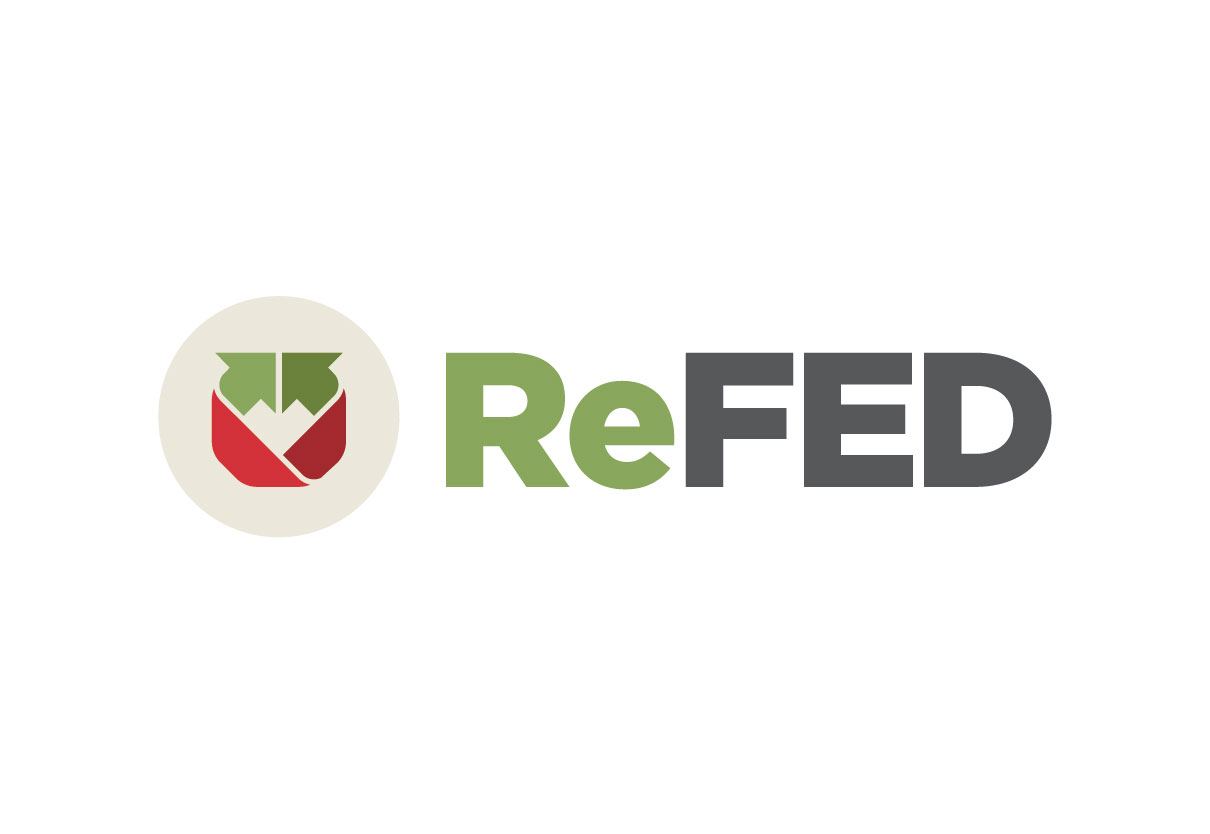Today, the United States spends $218 billion a year to grow, process, transport, and dispose of food that is never eaten.
That translates to 52 million tons of food sent to landfills annually, plus another 10 million tons discarded or left unharvested on farms.
Uneaten food consumes 21 percent of all freshwater, 19 percent of all fertilizer, and 19 percent of cropland in the United States – all precious natural resources that are already stretched to the breaking point.
Just think of what we could do with the $218 billion we spend on wasted food: it’s enough to pay the annual salaries of over 14 million workers, cover the cost of raising almost 100,000 children, or fund a year’s worth of operations of the U.S. Departments of Agriculture and Transportation.
Or it could all continue going to waste.
Today, solutions exist to cut food waste by 20 percent over the next decade, putting the U.S. on a solid path to our national goal of a 50 percent reduction by 2030. We need to reshape the conversation on U.S. food waste – to refocus it from defining the problem to scaling proven solutions.
That’s where ReFED comes in.
Ours is the first data-based analysis to demonstrate which solutions can have the biggest impact, and we offer a set of practical steps for actors across the food supply chain. The ReFED Roadmap looks beyond challenges to identify the need, opportunities, and incentives that can immediately reduce food waste. With the Roadmap as our starting point, ReFED continually develops tools, resources, and creative partnerships to turn our recommendations into actions, to give decision-makers the information they need to effect systemic change, and to leverage the capital to make it all happen.
ReFED’s initial focus is on food businesses, foundations, and policymakers at all levels of government, but we’re not stopping there. We’re also activating those who haven’t – or otherwise wouldn’t – collaborate on food system challenges, engaging stakeholders like social entrepreneurs, innovators, and food system participants at multiple points in the value chain.
Finally, new sources of funding are critical to scale existing solutions and to support ongoing social and business innovation. That’s why we’re working to unlock foundation, private, and government capital through proof of concept, capacity building, and funder networks.
Simply put: food waste prevention is everyone’s business. It can save resources, create jobs, alleviate hunger, conserve water, and reduce greenhouse gas emissions — all while stimulating a new multi-billion-dollar market opportunity.
ReFED is working to move the food system from acting on instinct to using insights and collaboration to solve our national food waste problem. We invite you to join us as we work to promote solutions!

